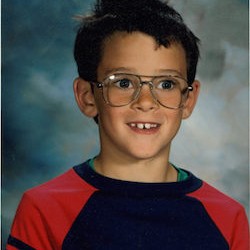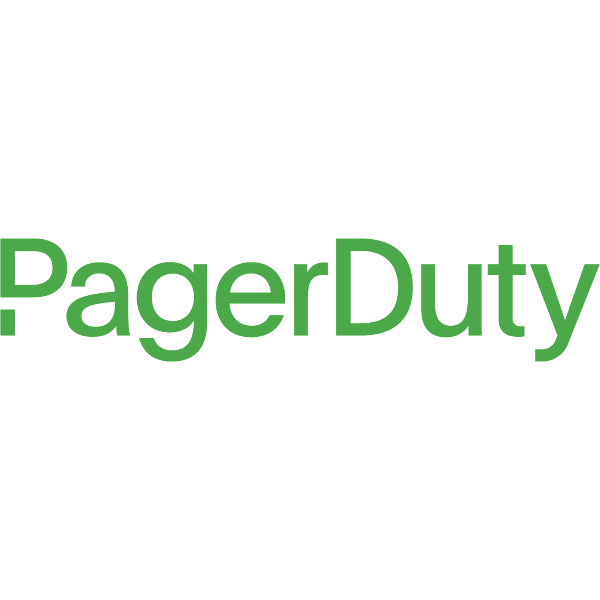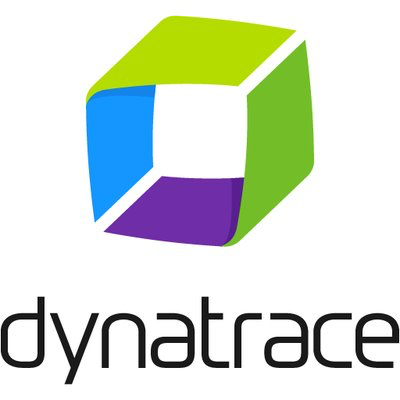Automate all the things, including your brain.
Our brains take in a lot of information on a daily basis and have created shortcuts to automate simple tasks like walking, taking a drink, or sitting down. These tasks hit the fast parts of our brain that includes memory, reflex and emotion before making it to our logical, analytical, and problem-solving (slow) systems. This leads to unintended and sometimes counterproductive processing which impacts everything we do.
This is part of cognitive bias and can lead to incorrect diagnostics during a firefight or major outage - our experiences can lead us to a decision that is based more on emotion than fact. Cognitive biases can be dangerous but are impossible to avoid. You can’t always spot your own biases but you can spot them in others. Recognizing these biases is the key to mitigating them and reducing mental lapses that can increase the time it takes to resolve incidents.
Speaker

Adam Lefkowitz
I’m an avid DevOps advocate and love learning from others in the space. When not trying to get over my fear of public speaking in Toronto, I’m busy enjoying craft brew, street art and my family.





















